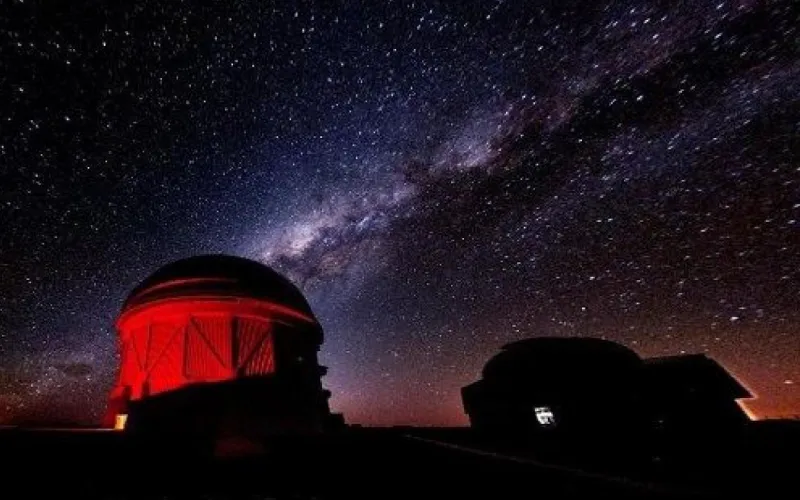
Course Title: Foundation Course in Astrophysics (FAP100)
Course Duration: 5 Weeks
Course Description: FAP100 is a comprehensive introductory course in astrophysics designed for individuals with little to no prior knowledge of the subject. This course will lay the groundwork for a deeper understanding of astrophysics and prepare students for more advanced courses in the field.
Course Objectives:
Introduction to Astrophysics: Understand the fundamental concepts and principles of astrophysics, its significance in the scientific community, and its role in our understanding of the universe.
The Night Sky: Learn how to observe and identify celestial objects, stars, planets, constellations, and other celestial phenomena.
Stellar Astronomy: Explore the life cycles of stars, their classification, and how they contribute to the dynamics of the universe.
Galaxies and Cosmology: Gain insights into the structure and formation of galaxies and an introduction to the principles of cosmology.
Astronomical Tools and Observations: Learn about the telescopes, instruments, and methods used by astronomers to study the universe.
Course Curriculum:
Week 1: Introduction to Astrophysics
- What is Astrophysics?
- Historical Overview of Astronomy
- Significance of Astrophysics
Week 2: The Night Sky
- Celestial Coordinates and Observation
- Identifying Stars and Constellations
- Observing Planets and the Moon
Week 3: Stellar Astronomy
- The Life Cycle of Stars
- Stellar Classification
- Stellar Evolution
Week 4: Galaxies and Cosmology
- Types of Galaxies
- Galaxy Formation and Evolution
- An Overview of Cosmology
Week 5: Astronomical Tools and Observations
- Telescopes and Observatories
- Data Collection and Analysis
- Practical Observations
Assessment and Grading:
- Weekly quizzes and assignments to assess understanding.
- Final examination at the end of the course.
- Participation in discussion forums and group activities.
Prerequisites: None, this course is open to absolute beginners.
Completion Requirements: Students must complete all assignments, quizzes, and pass the final examination to receive a certificate of completion.
Recommended Resources:
- Textbooks and online resources
- Access to astronomical software and databases
- Observing tools (binoculars or a small telescope
- Teacher: iMaven Astronomy